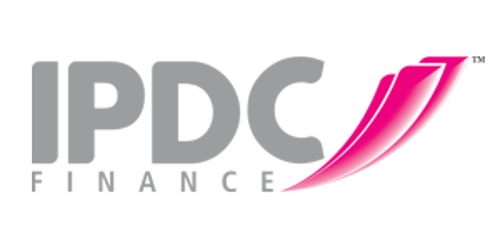Welcome to the apps this week, the weekly TechCrunch series that brings the latest recovery to mobile OS news, mobile apps and the overall app economy. The app industry continues to spend a record 218 billion downloads and $143 billion worldwide subscribers in 2020. Last year, subscribers also spent 3.5 trillion minutes using the app on Android devices alone. And in the United States, the use of apps has increased before spending time watching live TV. Currently, Americans watch 3.7 hours of live TV per day, but now spend four hours per day on their mobile devices.
Applications are not a way to pass idle time – they are a big business. In 2019, the combined value of mobile-first companies was $544 billion, 6.5 times higher than those without mobile focus. In 2020, investors poured $73 billion in capital into mobile companies – a figure that is 27% higher year after year. This week we’re looking at more clubhouse competitors, including the first test of Facebook’s live audio rooms in the United States and the launch for a live discussion on the contents of Spotify’s Greenroom app. Also, Amazon is cutting its Appstore fees, following similar moves by Apple and Google.
In March, Spotify announced that it would acquire the company behind the sports-centric audio application locker room to accelerate its entry into the audio market directly. This week, the company did well in a deal with the introduction of a new mobile app and possibly clubhouse rival Spotify Greenroom, which allows Spotify users to join or host live audio rooms and converts conversations into podcasts. The Spotify Greenroom app itself is based on existing locker room code. The previous locker room application was originally updated in Greenroom. To join the new application, Spotify users must sign in with their existing Spotify account information. They then went through a boarding experience designed to connect with their interests.
Spotify considers the app a soft launch, as it plans to announce the show later this summer. It also shows funding through the New Creator Fund, details of which have not been released at the moment. In the long run, the company believes it will be able to take advantage of its personalization technology to make smart recommendations about live shows based on what songs or podcasts a user will listen to and notify users when favorite producers are live.
















